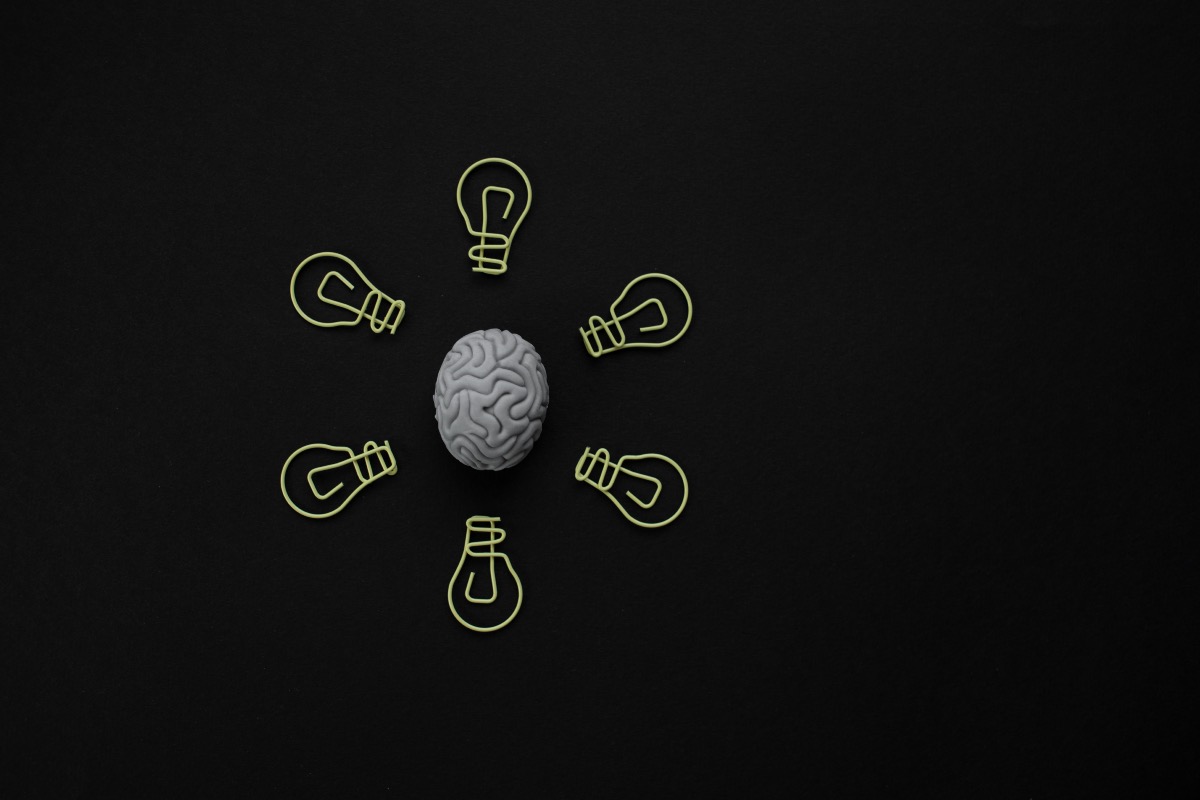
While antidepressant medication and psychological counseling tend to ease depressive symptoms for many people, a certain population of people does not experience the same relief from these interventions. If you have been treated for depression but your depressive symptoms have not improved, you may have treatment-resistant depression. While unique treatment interventions help treat this type of depression, it is essential to reflect on any and all factors that may compromise your symptoms.
Understanding the Prevalence of Treatment-Resistant Depression
Major depression is a common but challenging psychological disorder affecting nearly 10 to 15% of the population annually. Of those that seek treatment, only 60 to 70% of individuals respond to antidepressant therapy. Nearly 10 to 30% of those that do not respond to antidepressant therapy show treatment-resistant symptoms, including:
- Difficulties in social functioning
- Difficulties with occupational functioning
- A decline in physical health
- Suicidal ideation
- Increased utilization of health care
Sometimes, individuals will receive treatment for depression and show substantial improvement in symptoms. However, they will still require additional psychosocial interventions to achieve complete remission from depression.
Effectively Managing Treatment-Resistant Depression With TMS
If you find you or your loved one diagnosed with treatment-resistant depression, do not lose hope. Incredible tried and true alternative treatment interventions have shown progress in individuals who have not received medication benefits or are unable to use medication because of the side effects they may produce.
One of these treatment options is transcranial magnetic stimulation (TMS). TMS is a non-medication-based treatment for depression that uses targeted magnetic impulses to stimulate areas of the brain that are believed to control mood. These brain areas are underactive in individuals with a diagnosis of depression. During TMS, the patient sits awake and alert. Additionally, TMS is provided as an outpatient procedure that requires at least five treatments per week for a total duration of four to six weeks.
Diagnosis of Treatment-Resistant Depression
There is no one definition for treatment-resistant depression. Instead, it is diagnosed uniquely by collaborative care teams. In general, treatment-resistant depression may be diagnosed in patients who have not experienced relief from depressive symptoms after attempting at least two antidepressant treatment trials. Similarly, it may be diagnosed in patients who lack response to medical treatments such as electroconvulsive therapy (ECT).
Identifying Helpful Medication Strategies for Depression
For those diagnosed with depression, you have likely been prescribed an antidepressant medication to help with your symptoms. If you have tried an antidepressant medication and it did not help, it is essential to understand that several factors may have interrupted your medication’s ability to exert its full potential. Here are some tips for using prescription medications:
Recognize that prescription medications require trial and error.
More often than not, an individual will have to try several different antidepressant medications before finding one that complements their unique biological makeup. Frequently, the first antidepressant an individual tries will not be the most effective.
Allow your medication time to work correctly.
Most psychiatric medications, including antidepressants, take anywhere from four to eight weeks to become fully effective. In rare cases, it may take even longer. It is critical to remain patient with the medication and allow it time to work within the brain.
Consider your dosage.
As every person responds to medication differently, it is crucial to consider your unique dosage. Talk with your doctor if you think a different dosage, whether more or less, may provide more significant benefits or relief from your symptoms.
Research different antidepressant medications.
Although doctors help educate you on your medication and diagnosis, you are ultimately the best advocate for your mental health and wellbeing. It is essential to do your research on potential side effects as well as the general effects of the medicine prescribed to you. Always be sure to identify potentially harmful drug interactions, as sometimes, even alcohol can render the medication ineffective.
Consider taking your medication in combination with psychotherapy.
If you aren’t already, it is recommended that you attend psychotherapy sessions to coincide and enhance your medication’s benefits and vice versa. Often, doctors prescribe medication for patients to help make the psychotherapy process more effective.
The most promising treatment for depression is TMS.
It is crucial to recognize that, although TMS has been proven safe and effective, there is no single treatment for depression known to work for everyone. However, it has become a valuable treatment option for individuals that struggle with treatment-resistant depression and associated symptoms. TMS may prove to be the most promising treatment option and the long-awaited fountain of hope and relief for individuals that have not benefitted from antidepressant medications and other traditional therapies.
Associated Behavioral Health Care offers comprehensive mental health and addiction treatment. We offer individualized and group counseling alongside medication management to assist the overall treatment process. At ABHC, we are passionate about treating depression and its psychological stronghold. For individuals with severe symptoms, or treatment-resistant depression, we offer transcranial magnetic stimulation as an alternative treatment option. We also provide electroconvulsive therapy (ECT) and vagus nerve stimulation. For more information about our treatment programs, give us a call today at (844) 335-7384.
